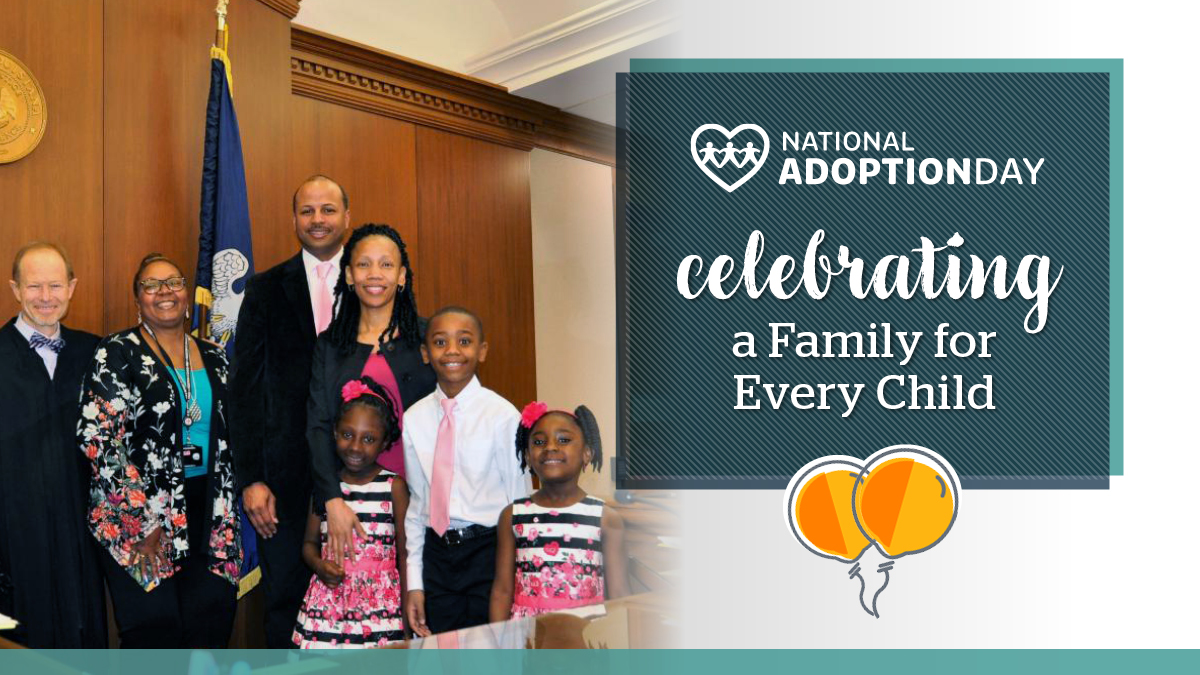Why don’t they leave the abusive relationship?
Why would you stay with someone who hurts you?
Why did they go back?
Domestic violence is hard to understand from the outside. Each of these questions are valid, but notice that they highlight the perceived choice of the victim, rather than the choices of the abuser. Questioning why someone chooses to stay in an abusive relationship is part of a larger culture of victim blaming.
From the outside, it may seem like leaving is the obvious solution, however, leaving isn’t easy. Statistics vary, but most authorities agree that victims leave their abuser an average of seven times before leaving for good.
Why is leaving an abusive relationship so difficult?
There are many reasons why leaving is so hard. The most obvious reason is the threat of more serious injury, even death, if the victim leaves. Abusers often isolate victims from family and friends over time, leaving them without a support system to help them escape. If they go back to their abuser, their support system may become frustrated and stop engaging or offering their support. In addition to social isolation, many victims of domestic abuse have been made to leave their jobs and are thus financially dependent on their abuser.
Religious communities may shame a victim into staying, saying that God hates divorce or placing undue emphasis on forgiveness. Some people stay in an abusive relationship to keep their family together, believing it will be better for the children if their parent’s stay together, or falsely believing that the children are unaware and unharmed by the abuse taking place.
Another less obvious reason victims stay with their abuser is love. Relationships that are abusive are rarely only that. They often encompass cycles of abuse that include reconciliation and a “honeymoon” period before tension starts to build again. During this honeymoon period, victims are showered with love and reminded of a time before the abuse started. The hope that this blissful period may continue, and an abuser’s profuse apologies may keep a victim hooked on the relationship.
How do I help someone who is in an abusive relationship?
Domestic violence or interpartner violence is serious and can be fatal. If you know someone experiencing this, voice your concern in a calm, loving manner. Being supportive without pushing someone to leave before they are ready increases the chances that they will come to you in the future.
The exception to maintaining confidentiality and trust is If someone is in immediate danger. If you know someone is presently being harmed, call the police. Saving a life is more important than maintaining trust.
Resources for Domestic Violence
- The National Domestic Violence Hotline: 1-800-799-SAFE (7233)
- Virginia Sexual and Domestic Violence Action Alliance: 1-800-838-8238 or text 804-793-9999
Help us help others
Your tax-deductible donation will help us continue to provide life-changing support to families in Portsmouth.




